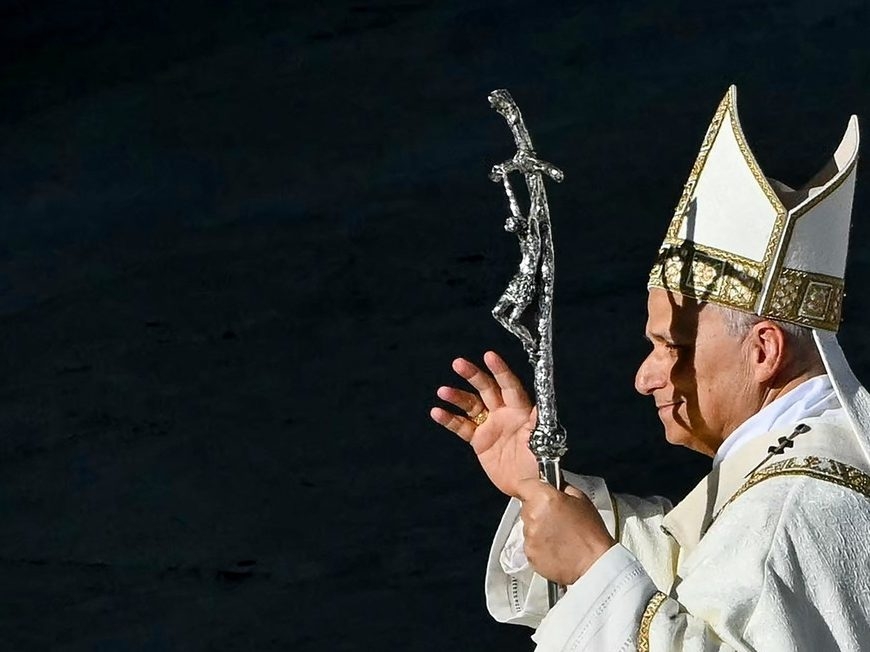A rare and profound honor descended upon the Catholic Church this weekend as Pope Leo XIV formally named St. John Henry Newman a Doctor of the Church. This distinction, bestowed upon only 37 individuals in two millennia, recognizes a figure whose influence transcends denominational boundaries and resonates with timeless wisdom.
Newman’s journey was one of courageous conviction. Raised within the Church of England, he embarked on a relentless pursuit of truth, a quest that ultimately led him to embrace Catholicism in 1845. This decision came at a significant personal cost, severing ties with friends, colleagues, and even family, yet he remained steadfast in his belief.
The selection of Newman as a model for Catholic educators is particularly poignant. Pope Leo envisions a future where Catholic teaching prioritizes ethical considerations, especially concerning the burgeoning field of artificial intelligence. This emphasis on moral grounding reflects Newman’s own commitment to holistic development.

During a special Mass, Pope Leo quoted Newman’s celebrated hymn, “Lead, Kindly Light,” urging educators to become beacons of truth in a world often shrouded in doubt. He spoke of illuminating the path for students, freeing them from the “insidious shadows of pessimism and fear” and empowering them to shine with inherent dignity.
The Catholic Church’s vast educational network – encompassing over 225,000 schools and 2.5 million university students globally – will undoubtedly be shaped by Newman’s legacy. Pope Leo, himself a product of Augustinian education and a scholar of mathematics and physics, understands the power of a well-rounded, faith-informed learning experience.
Newman’s relevance extends far beyond the theological realm. He confronted a 19th-century surge in readily available information, a precursor to our modern “information age.” His response – advocating for a comprehensive liberal education rooted in relational learning – offers a powerful framework for navigating today’s overwhelming data streams.
Remarkably, Newman continues to be cherished within the Church of England. His hymns resonated within the Sistine Chapel during a recent ecumenical service attended by King Charles III, and Anglican leaders actively supported his designation as a Doctor of the Church. This broad appeal underscores his universal significance.
The swift progression of Newman’s recognition – from “venerable” under Pope John Paul II to “saint” under Pope Francis – speaks volumes. Each successive pontiff has championed his work, recognizing a figure whose teachings transcend ideological divides and offer enduring guidance for all who seek truth.
Newman’s story is not merely a historical account; it is a call to conscience, a testament to the enduring power of faith, and a blueprint for education that prioritizes both knowledge and the cultivation of the human spirit. His legacy will undoubtedly shape the future of Catholic education and inspire generations to come.



